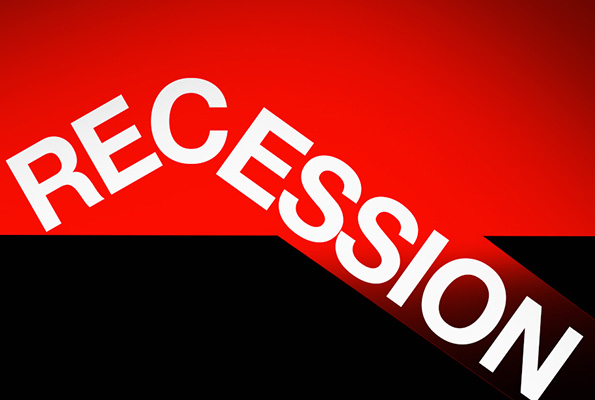Wikipedia’s editors cannot agree upon the definition of “recession.” After a contentious debate over the assertion that two consecutive quarters of declining GDP imply a recession, the website last month forbade new and unregistered users from amending its page on the subject.
The page was changed 180 times weekly, compared to just 24 edits in 2022. The discussion isn’t only open to curious amateurs, though. It has been the focus of political debate in America. The British Office for National Statistics reported on August 12th that the nation’s economy had contracted in the second quarter of the year; economists anticipate further declines. What would then qualify as a recession?
To put it mildly, there has been a considerable period of falling economic activity. Typically, a recession results in decreased output and investment, declining firm profitability, and growing unemployment. The global financial crisis of 2007–09 reduced economic growth globally by approximately 4%.
In some nations, including Britain, France, and Germany, it is customary to interpret two consecutive quarters of negative GDP growth as a recession. However, a lot of economists think this definition is excessively restrictive. The Cabinet Office of Japan uses various indicators, including retail sales, employment, and industry output. The power to proclaim the American government has wholly given up a recession. It is submitted to the private, non-profit National Bureau of Economic Research (NBER).
Since 1978, the Business Cycle Dating Committee (BCDC), a group of eight NBER economists, has determined when a recession has occurred in America. The committee uses a variety of criteria to identify a recession, similar to how Japan does, including employment, personal income, and industrial production.
One former member claims that basing decisions solely on GDP is comparable to determining a patient’s condition by merely taking their temperature. Because of this, even though the United States’ gross domestic product fell in the first and second quarters of the year, the country is not officially in a recession.
Job growth is strong, and unemployment is low; in July, the nation added 528,000 more jobs than predicted. In addition, the jobs lost during the pandemic have returned.
Another factor is that the committee does not make immediate assessments or predictions. Instead, it prefers to be retroactive to reduce the chance of error. For example, the BCDC typically flags a recession once and occasionally after.
According to the British government, the pandemic-related recession in 2020 lasted from February to April. However, a recession often begins almost a year after the committee makes its announcement. For example, in December 2008, the BCDC concluded that the global financial crisis-related recession in America had started in December of the previous year.
The company might hold off on issuing a formal announcement. But Americans don’t seem to be receptive to it. A CNN poll conducted last month found that 73% of Britons shared this opinion.
Republicans accuse Democrats of starting the economic collapse and threaten to hold them accountable in the November 8 midterm elections. Democrats insist that there is no such thing as a recession. They may be correct—but they also have good political reasons to be defensive. The party in charge of the White House has fallen out of power in the last three recessions, each coinciding with a presidential election.
These political repercussions are not just American. Economic downturns are more likely to result in a change in leadership in nations where the populace is unwilling to trust their officials.
If there’s a recession in America, it will probably be slightly severe. The Bank of England predicts five quarters of falling output for the United Kingdom. The forecast is significantly worse for countries with low and moderate incomes. The World Bank says many countries will struggle to avert recession.



